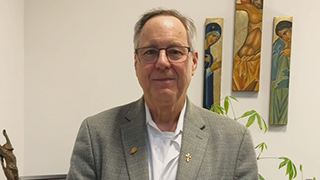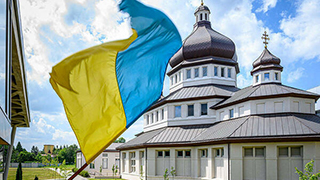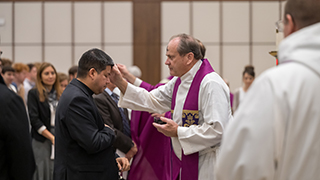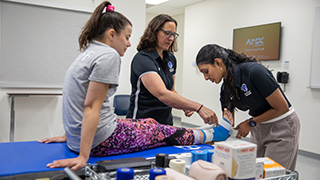What Can Physicists Add to Our Current Knowledge About COVID-19? - Seton Hall University
Wednesday, September 2, 2020

Two biophysicists from the University of Utah, Dr. Michael Vershinin and Dr. Saveez Saffarian, who were awarded this NSF grant, have so far gained important results and insights as they progress in this research project. We are happy to announce that Dr. Vershinin will present a webinar about this project and the current outcomes on Thursday, September 10, 2020, at 6 p.m. Eastern Standard Time. This webinar is open to the Seton Hall community. To register for this event, please complete and electronically submit the registration form. The registration will be closed on Monday, September 7, 2020, and the link to the webinar will be emailed to the registered audience. The Biophysics Laboratory of the Physics Department will host this virtual event.
Categories: Health and Medicine, Science and Technology






